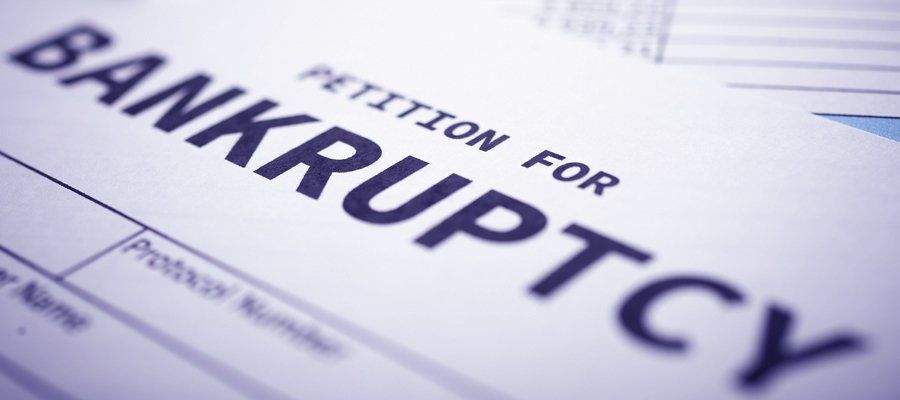Bankruptcy
Bankruptcy is a federal court process designed to help consumers and businesses eliminate their debts or repay them under the protection of the bankruptcy court. Bankruptcies can generally be described as "liquidations" or "reorganizations."
Chapter 7, otherwise known as "liquidation" or "straight bankruptcy" is generally the simplest and quickest and is available to individuals, married couples, corporations and partnerships. A trustee appointed by the court gathers and sells your nonexempt property. The proceeds from the sale pay your creditors. You're able to keep any "exempt" property.
An individual or sole proprietor can file Chapter 13 bankruptcy. Chapter 13 provides for full or partial repayment of your debts over a three- to five-year time period based on your debts and other factors. Like Chapter 11, you'll go through a "means test" to determine the amount of debt you'll have to pay back and how long you have to do it. The courts make their determination based on your income, whether it's less, the same or more than your state's median income. If your income is more than your state's median income, the repayment period will most likely be five year. No plan exceeds five years.
People who have the following often file Chapter 13 bankruptcy:
Mortgages or other loans they would like to bring current, so they don't lose their homes or other property
Taxes, child support or student loans that can't be wiped out by Chapter 7 bankruptcy
Moral convictions that all debts should be paid no matter how long it takes
Basic Chapter 13 Requirements
To declare this type of bankruptcy, you'll need a stable income with "disposable income," that's income left over after you pay the bare necessities of life such as food and utility. You can't have more than $922,975 in secured debt (property or other assets a creditor might take if you don't make payments) and $307,675 in unsecured debt. These amounts change periodically to reflect changes in the Consumer Price Index. There's also a court filing fee.
Both kinds of bankruptcy have numerous rules -- and exceptions to those rules -- about what kinds of debts are covered, who can file, and what property you can and cannot keep.
Carmenates Law Firm, P.A provides affordable representation for clients wishing to obtain a financial fresh start. The bankruptcy attorney has helped many individuals with debt issues, foreclosures, wage garnishments, bank account garnishments, repossessions, creditor harassment, and loan modifications. We can help debtors file for either Chapter 7 or Chapter 13 bankruptcy throughout South Florida. We also offer our assistance in non-bankruptcy workouts to help debtors negotiate with their creditors. If you are currently in a financial situation needing professional representation then please give our office a call.














